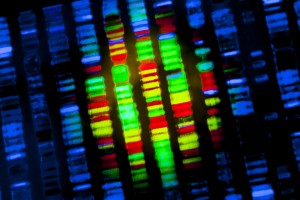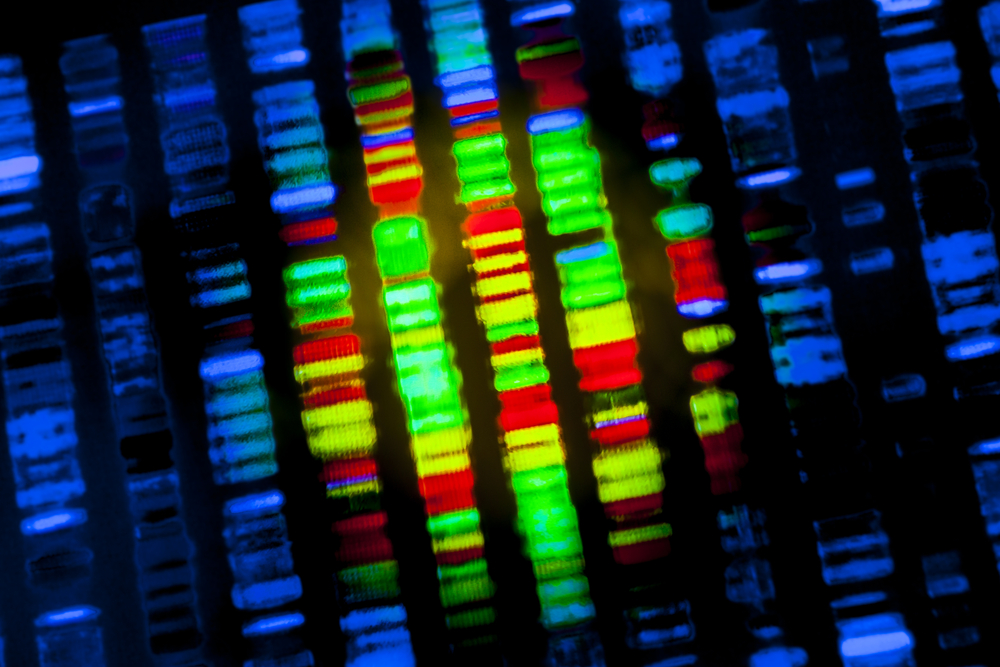 Identifying a certain subset of genes in individuals with locally advanced rectal cancer (LARC) could be useful in determining the most cost- and time-effective treatment options for patients, according to a new study published in PLOS One. A team of researchers, led by principal investigator Dr. Marta Cuadros and lead author Dr. Pablo Palma, used gene profiling of LARC biopsies before patient treatment and determined that patients responsive to treatment may have more than 250 genes expressed at higher levels than in non-responders.
Identifying a certain subset of genes in individuals with locally advanced rectal cancer (LARC) could be useful in determining the most cost- and time-effective treatment options for patients, according to a new study published in PLOS One. A team of researchers, led by principal investigator Dr. Marta Cuadros and lead author Dr. Pablo Palma, used gene profiling of LARC biopsies before patient treatment and determined that patients responsive to treatment may have more than 250 genes expressed at higher levels than in non-responders.
Writing in “Expression Profiling of Rectal Tumors Defines Response to Neoadjuvant Treatment Related Genes,” the authors stated, “Our results reflect the value of gene expression profiling to gain insight about the molecular pathways involved in the response to treatment of LARC patients.”
The team collected and successfully analyzed 26 LARC samples of tissue from patients who had biopsies collected before they underwent preoperative chemoradiation (CRT). Ten of these patients were responders to CRT, and 16 were non-responders.
Using the Human WG CodeLink microarray platform, the researchers identified 257 genes that were differentially over-expressed by the responders. They then drew connections among genes using Ingenuity Pathway Analysis and identified that a significant ratio of these genes were associated with cancer, cell growth, and proliferation pathways.
Four genes’ mRNA levels were especially high and could predict the response of LARC patients to CRT. Using Gng4, c-Myc, Pola1, and Rrm1 mRNA expression, the team crafted a 60% sensitive, 100% specific model to predict patient response.
According to the authors, “These findings could be clinically relevant and support the use of mRNA levels when aiming to identify patients who respond to CRT therapy.” This is especially relevant due to the increasingly higher local recurrence rate in LARC patients and the lack of a means to determine if an aggressive treatment schedule is worthwhile and beneficial to LARC patients. The authors’ work mirrors the trend of identifying gene mutations in patients with colorectal cancer to enhance treatment and therapeutic outcomes.


